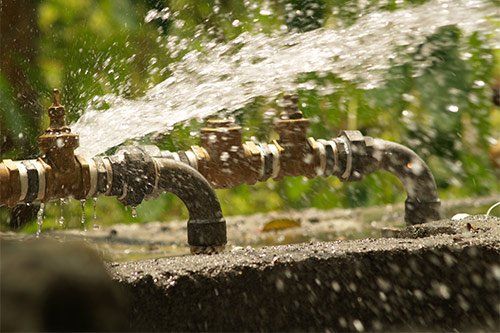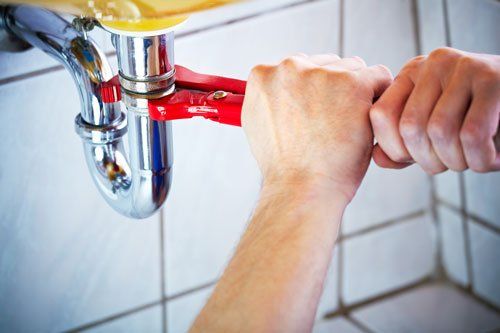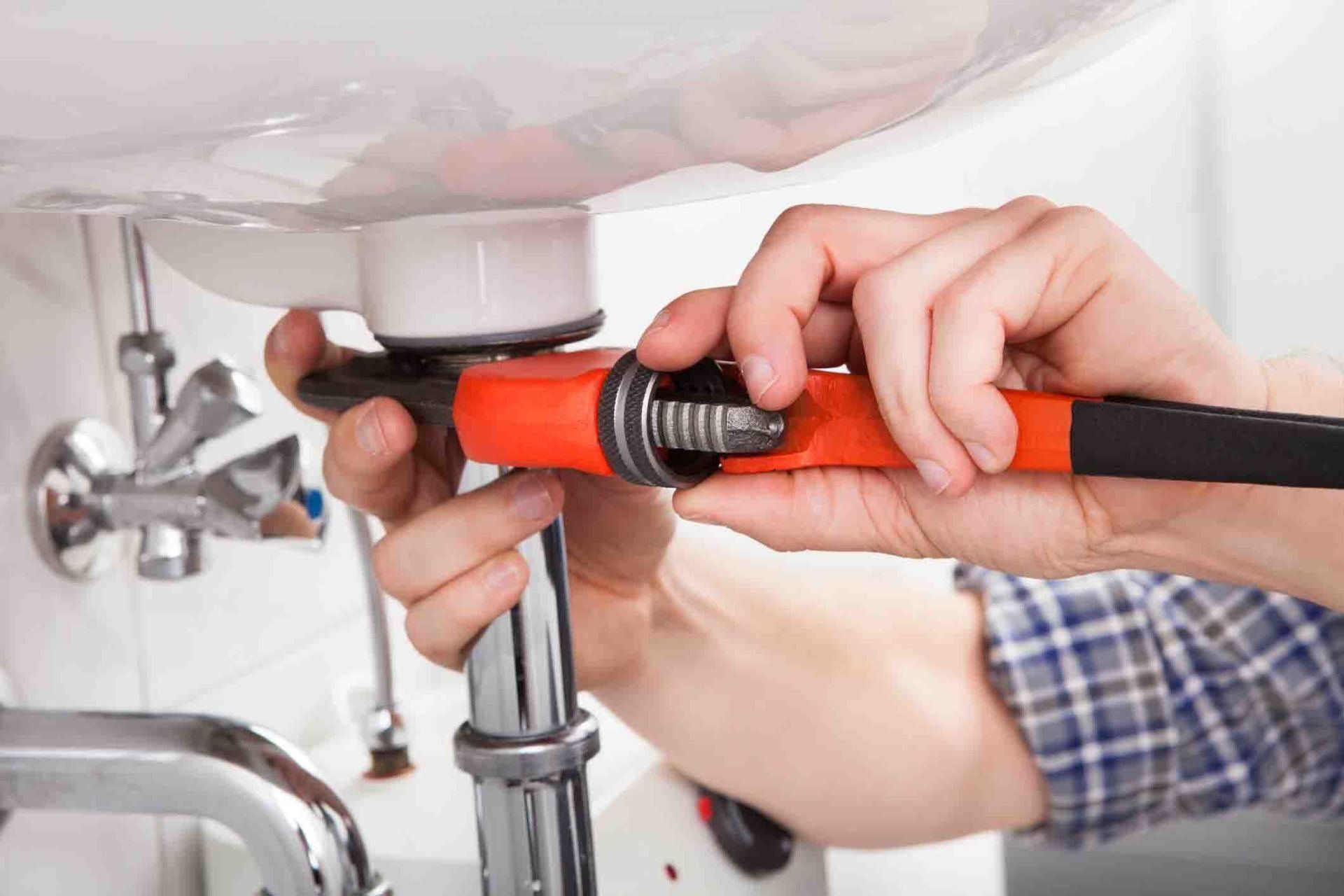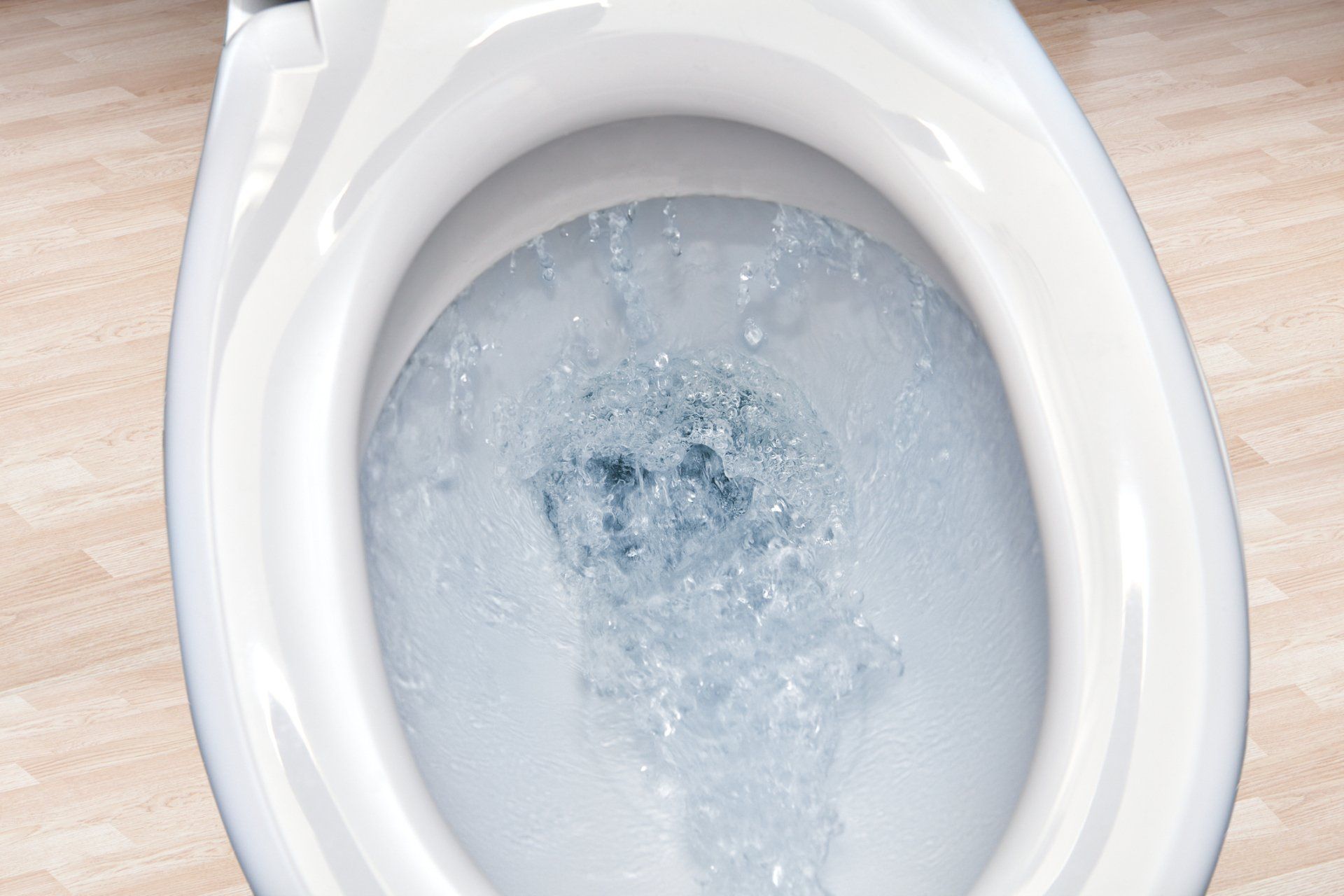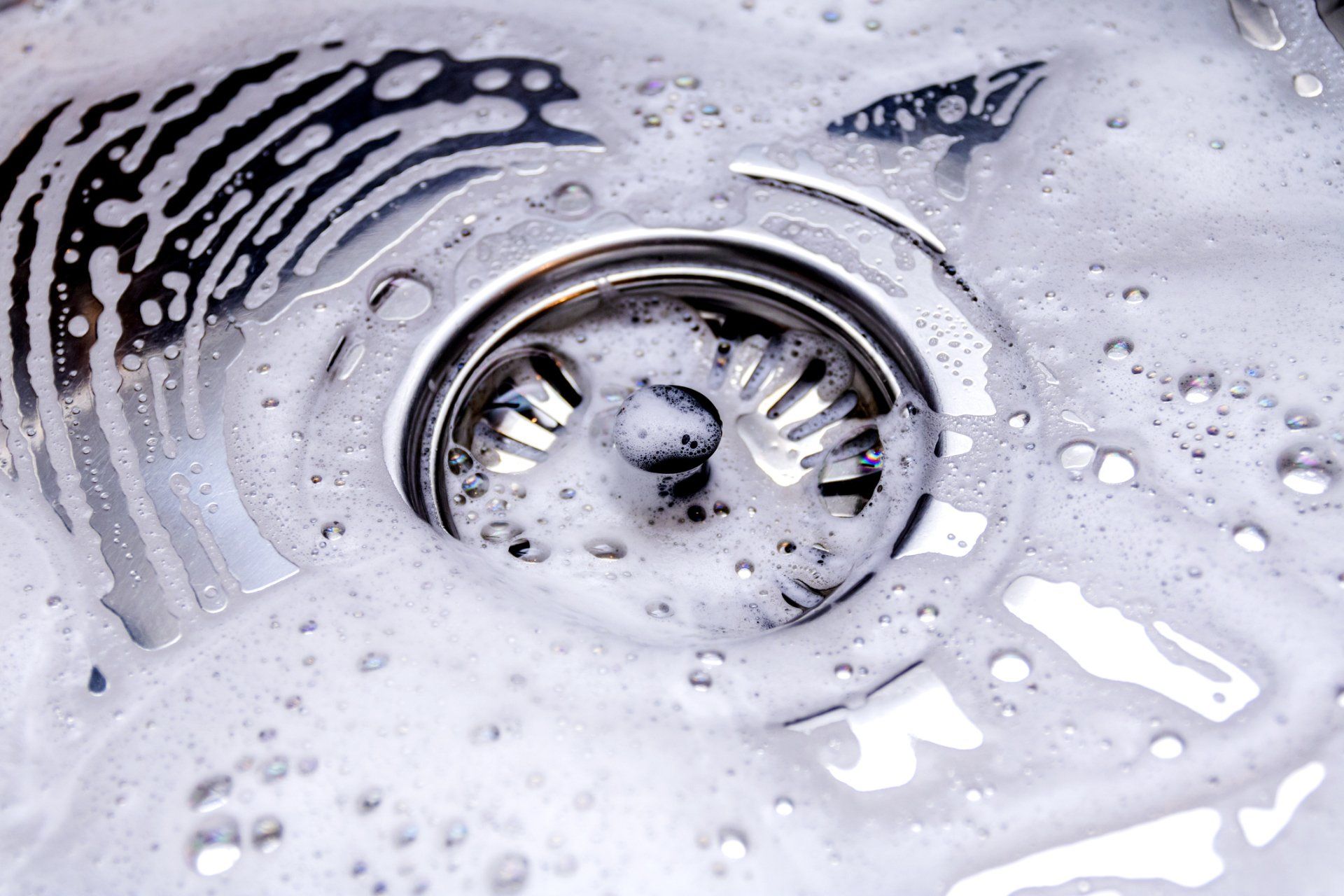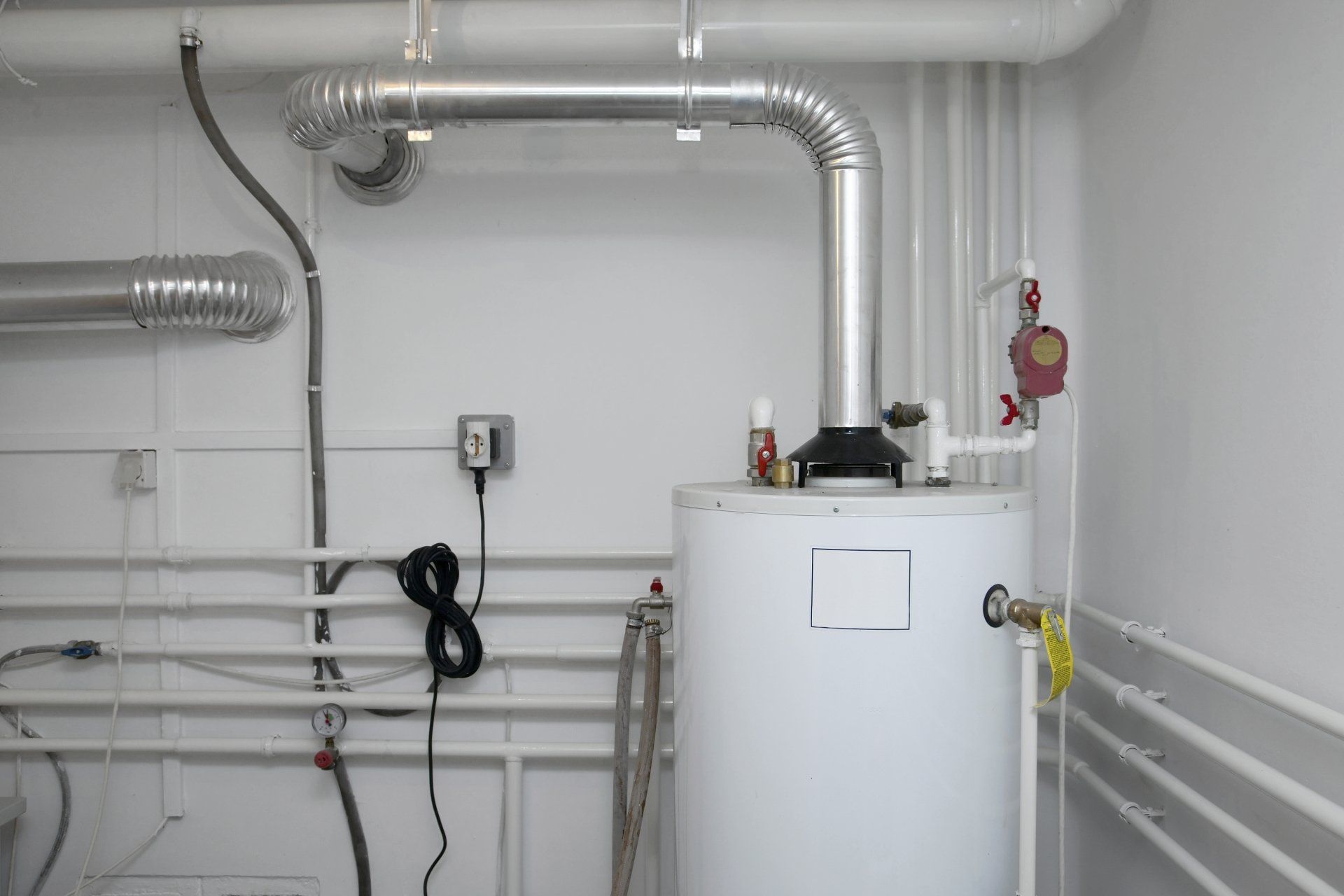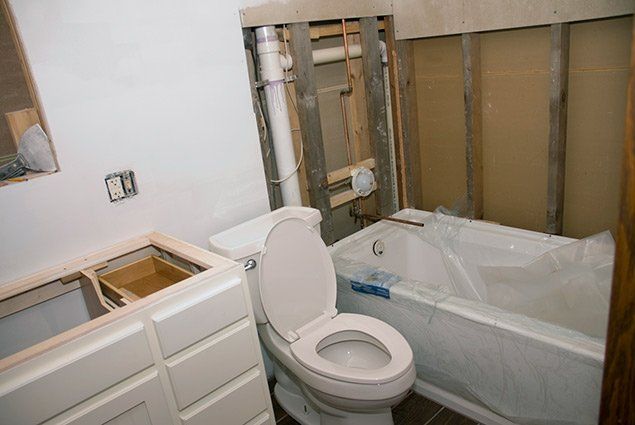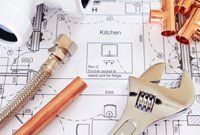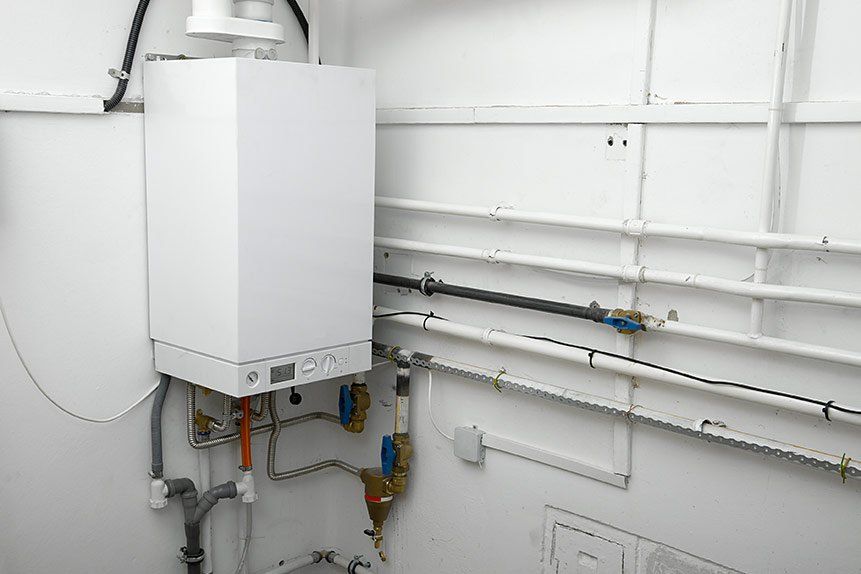When it comes to your home's plumbing system, few problems pose as much of a
threat as leaks. Even a relatively minor leak can lead to massive amounts of
damage, especially when it allows water to escape into hard-to-see parts of
your home. Such leaks soon lead to a range of problems, from wood rot, to mold
growth, to other forms of structural damage.
Unfortunately, a plumbing system contains a multitude of joints and
components, any of which can develop a leak. Yet don't despair - you can still
do plenty to help keep plumbing leaks at bay. If you would like to learn more
about preventative maintenance, keep reading. This article outlines two
effective strategies for preventing home water leaks.
All of the major plumbing fixtures in your home contain dedicated stop
valves used to control the flow of water. Without such valves, you would have
to turn off your entire home's water supply in order to make repairs to a sink,
washing machine, or other fixture. Stop valves allow you to isolate a
particular fixture without disturbing the rest of your home.
Older fixtures tend to contain standard stop valves. Turning this handle
stops the flow of water by creating a tight seal using a rubber washer.
Unfortunately, over time these rubber washers become brittle and degraded. As a
result, you may find yourself unable to completely turn off the water, no
matter how tightly you turn the handle.
Should one of your plumbing fixtures develop a leak or other problem, you
won't have any way to shut off its water supply. Worse still, standard stop
valves often develop leaks of their own as time goes on. For this reason,
consider upgrading your standard stop valves to far more reliable ball valves.
Ball valves remain capable of controlling water flow no matter how many
years they sit idle. The secret to a ball valve's success lies in its simple
make up. Ball valves contain no rubber washers to go bad. Instead, a metal ball
with a hole in the middle controls the flow. Simply turning the valve handle a
quarter turn cuts off water flow completely.
Washing machines contribute to a surprising number of home water leaks. On
average, washing machine related water damage ends up costing $5,308
per incident. In many cases, the problem stems directly from a washing machine
hose failure. The likelihood of this issue depends largely on the types of
hoses used to connect your washing machine to your home's water supply.
Rubber hoses were long considered a great option, thanks to their low cost
and widespread availability. Yet rubber hoses also stand a huge chance of
failure. Over time, as the rubber degrades, the hose develops dangerous thin
patches. Such areas can easily rupture, leading to catastrophic leaks. Unless
you have a washing machine located outside of your home, stay away from rubber
hoses.
A much more reliable alternative comes in the form of steel hoses. These
hoses consist of a rubber core surrounded by a layer of braided metal mesh,
which provides an extra degree of stability and safety.
For even safer results, consider investing in auto-shutoff hoses. These
braided metal hoses contain valves that automatically shut off your water
supply in the event of a burst hose.
Water leaks can have disastrous results on a home. Fortunately, you don't
have to spend a fortune in order to keep leaks at bay. For more information
about simple upgrades that can reduce the risk of water leaks, please contact
AERO Plumbing.

